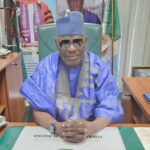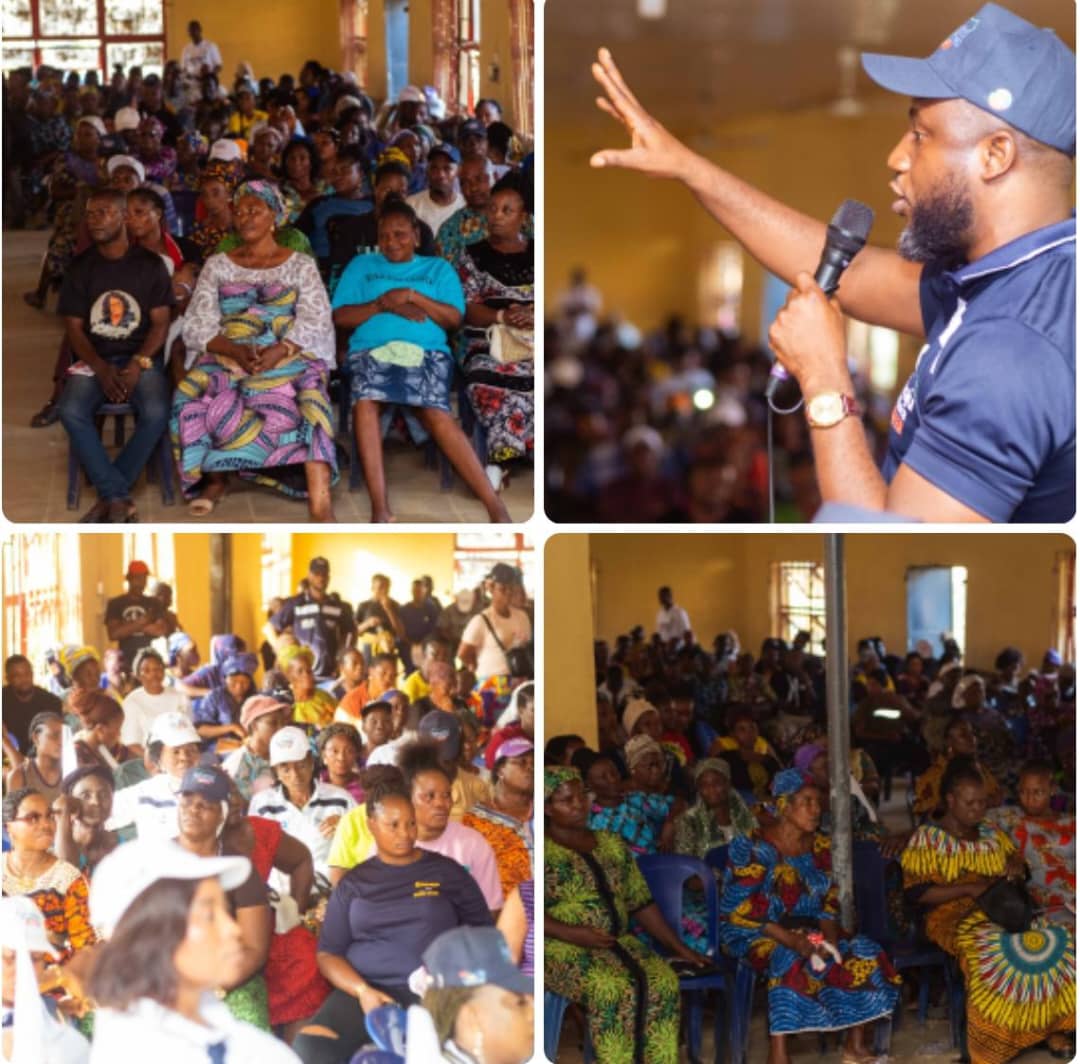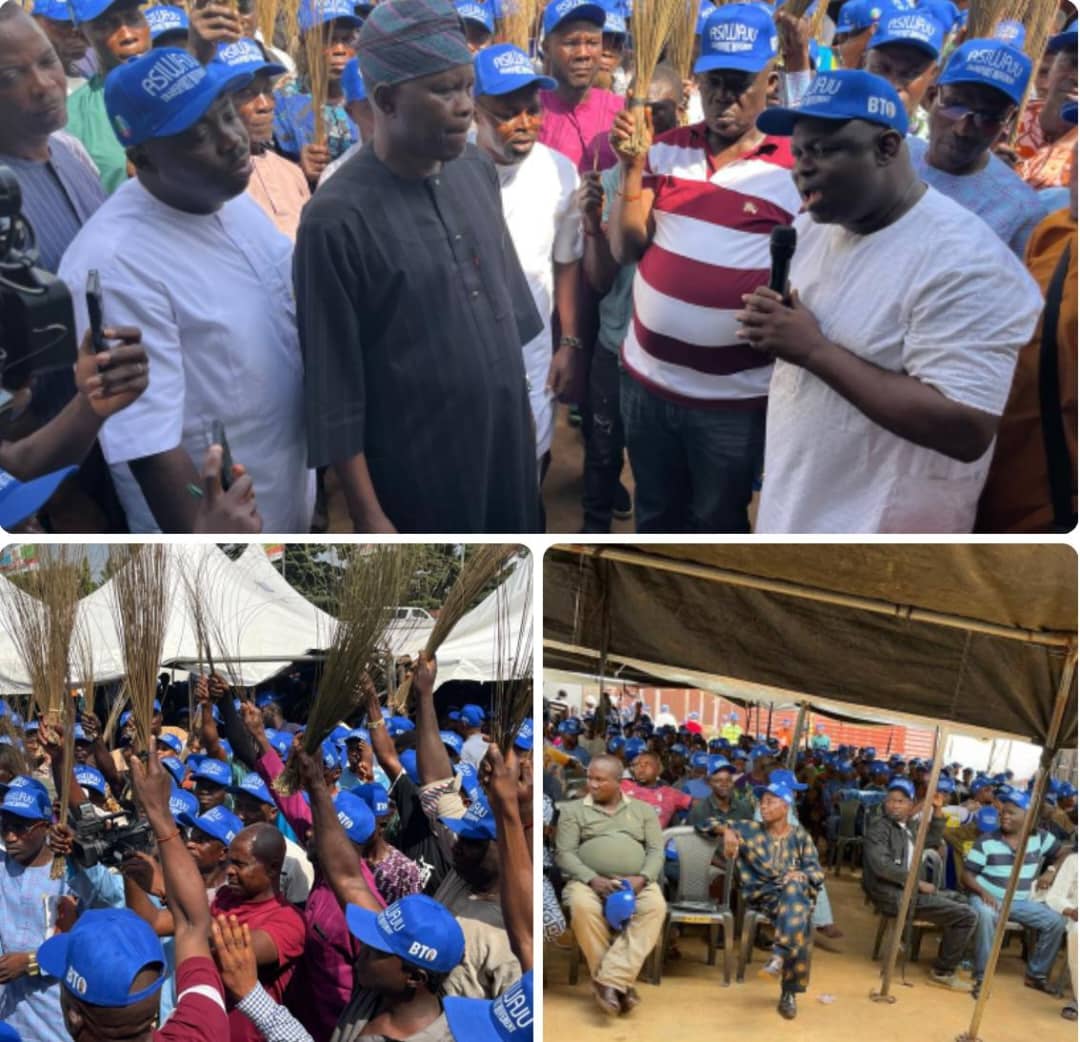The Federal Government has adopted the strict measures put in place by the Ondo State Government to curb energy thefts by imposing a fine of N100,000 on anyone found culpable of energy theft.
The Ondo State Government had in 2020 enacted the first independent state power sector law in Nigeria which imposed heavy punitive measures upon energy thieves through imprisonment and fines and empowered the State Regulator, the Ondo State Electricity Regulatory Bureau, to prosecute offenders.
Section 64(1)(c) of the Ondo State Electric Power Sector Law (2020) for instance imposes upon conviction an imprisonment term of twelve (12) months or a fine of One Hundred Thousand Naira (N100,000.00) on anyone found culpable of altering, or causing, or permitting to be altered, any service or supply line with intent to avoid the accurate measurement of electricity by means of any meter, or to avoid payment, or wilfully or negligently damages any meter while the convict will also bear the cost of repairs or replacement, if any.
The Federal Government has now adopted a similar measure.
This was contained in an amended Order on Unauthorized Access, Meter Tampering and By-Pass released on Tuesday by the Nigeria Electricity Regulatory Commission (NERC).
The Federal Government’s fines range between N100,000 and N300,000, depending on the category the customer belongs to.
Maximum demand customers are to pay between 450 and 600 per cent of their last recorded energy consumption if caught in the act of energy theft while NERC stated that the Amended Order on Unauthorised Access, Meter Tampering, and By-pass replaces Order No: NERC/REG/41/2017 has taken effect from January 22, 2025.
The regulator disclosed that the amendment aligns with the Electricity Act 2023 and the Customer Protection Regulations 2023, which allow distribution companies to disconnect unauthorised connections without notice and prescribe reconnection conditions.
The Governor of Ondo State, Hon. Lucky Aiyedatiwa, has gone ahead since his assumption of office to warn energy thieves and operationalize the Ondo State law. The governor has issued electricity generation licenses to private companies on behalf of the state government and has successfully distributed thousands of meters across the state – both activities being the first of their kind in Nigeria’s history.
For equity, the Ondo State Power Sector Law equally imposes heavy fines upon electricity distribution companies for indiscriminate disconnections. It outlaws community bulk metering and makes apartment or household metering the standard throughout the state unlike in the past when an entire community or estate could be disconnected for a debt owed by some houses within those communities.
When contacted on the possibility of conflict in the regulations announced by the Federal Government and those of states on meters, consumption, and theft, Engr. Olatunji Ariyomo, who led the Ondo State’s technical team during the enactment of the law, explained that there is no conflict.
According to him, “NERC’s regulations on the distribution of energy and the associated metering processes are binding in states within the federation that are still under NERC’s regulatory oversight but do not apply to states that have enacted their electricity laws. In states that have their electricity laws such as Ondo, Enugu, Ekiti, Imo, Oyo, Edo, and Kogi, etc, their respective State Regulators are fully in charge”.
He further reiterated that “the constitution is very clear. Distribution within states is exclusively a constitutionally donated privilege to states of the federation. Only the Houses of Assembly of States can make laws on distribution activities within states and the creation of Authorities to regulate those activities.
“Anyone who has read the constitution on the subject would have observed that distribution within states is conspicuously not included anywhere within the constitution as part of the items that the National Assembly can legislate, except when the location is within international boundaries.
“The implication is that the National Assembly cannot even cover the field on the subject of distribution within states because it does not enjoy concurrency with states’ assemblies in that specific area.
“This is settled if you check the 6 items that described the powers of the National Assembly in the electricity sector in Section 13 of Part II, Second Schedule, of the Constitution under the concurrent legislative list. But then, there is no room for a vacuum.
“The vacuum created by states being asleep to their responsibilities brought NERC into regulating distribution activities within states. So those states that are not asleep to their rights are not under NERC oversight” he clarified.










